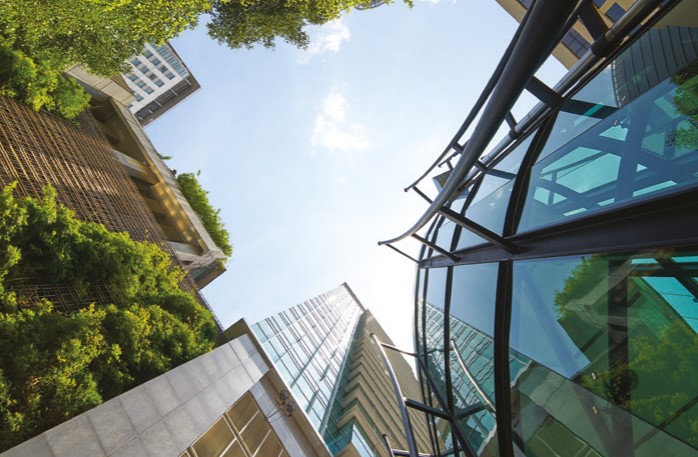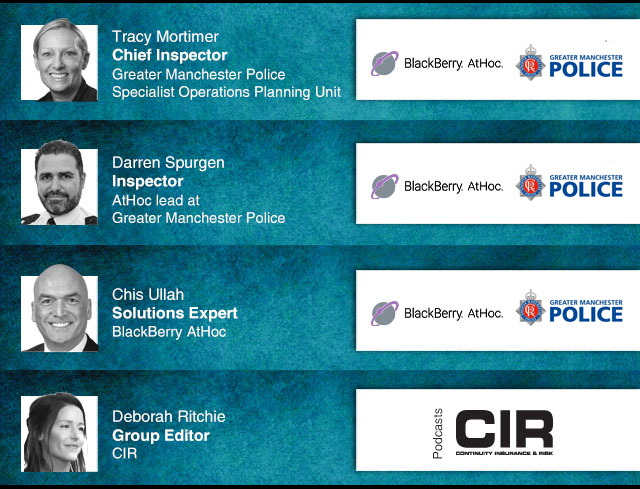UK-based start-up Value.Space has this week closed an oversubscribed investment round, raising €2.1m.
Value.Space develops monitoring technology based on satellite-gathered data that can detect millimeter-scale anomalies that could pose risks to the integrity of large infrastructure objects.
Its unique risk profiling technology can be used by insurers to assess the structural health of such objects as dams, mines or large-scale commercial property. Spaceborne monitoring allows risk profiles to be created more quickly and cost effectively than land-based alternatives.
Reijo Pold, founder of Value-Space and chief strategy officer said: “We are delighted to have excellent investors backing our growth. The facts speak for themselves: in March, Swiss Re estimated that in 2021 natural catastrophes resulted in economic losses of US$270bn, of which US$111bn were insured losses. That is a big protection gap. We are now able to provide a new and scalable way to make risks and opportunities quantifiable that the insurance market needs to manage and absorb future risks.
“Solid backing from investors will help us to boost the capture of market share with our pioneering product for the insurance industry and quickly expand our product offer to other segments in the finance industry.”
Gerri Kodres, founding partner of Specialist VC added: “We believe Value.Space’s novel satellite-based approach to monitoring and assessing risks related to critical infrastructure has the potential to transform the way these objects are profiled and maintained. We are excited to back the founding team whose vision and product help detect climate change related risks in aging infrastructure, significantly increasing public safety.”
Among the investors participating in Value.Space’s successful seed funding round were Specialist VC, Superangel, Lemonade Stand, Inventure, BADideas.fund, Amalfi and Linnar Viik, the former IT advisor to the Prime Minister of Estonia.
Value.Space has thus far produced more than 3,500 risk profiles for large infrastructure objects in 70 countries. The company began its development at the Lloyd’s Lab.
Printed Copy:
Would you also like to receive CIR Magazine in print?
Data Use:
We will also send you our free daily email newsletters and other relevant communications, which you can opt out of at any time. Thank you.










YOU MIGHT ALSO LIKE